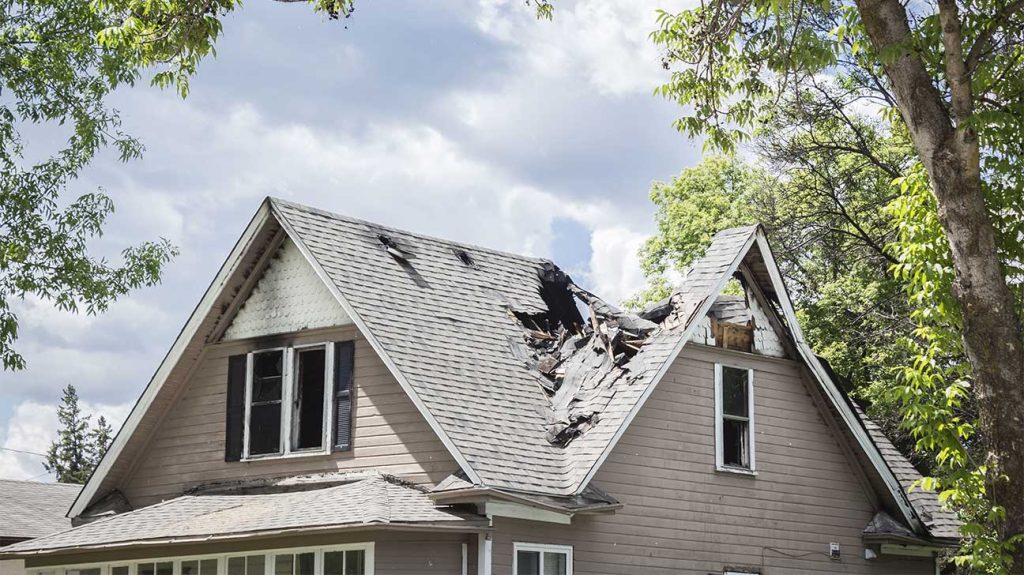One of the many legal disputes that judges in small claims courts hear on a regular basis are situations involving property damage. A plaintiff typically brings a lawsuit against a defendant on the grounds that the defendant intentionally or negligently destroyed the property of the plaintiff.
The plaintiff files the case in an effort to receive financial compensation for the harm. Consider the extent of your harm before deciding how to proceed with a property damage lawsuit.
Let us say your home and everything in it were destroyed due to someone’s carelessness. Then, in order to recover damages on that scale, you should retain legal counsel and engage in settlement discussions and, if necessary, litigation.
However, you can file a small claims lawsuit in court if the sum is modest. Your state will determine the exact cap, with ranges from $2,500 to $25,000. No let us try to know how to prove someone damaged your property.
Property damage is described as injury to real or personal property brought on by an act of a person or omission, natural forces, or both.
Damage to property may include:
• Residential property damage, which includes damage to your home, driveway, and trees
• Commercial property damage
• Damage to your own personal property, which includes your vehicles and bicycles
The elements of wind, fire, hail, water, and freezing can all result in property damage. A person may cause property harm by carelessness or purposeful conduct such as stealing, car accidents, etc.
Suing for any property damages in certain small claims court
There are 2 potential types of claims that can be filed by you for property damage, however, in your present case it can be:
• Negligence
• Intentional damage.
Negligent property damage
To be entitled to recover property damages due to negligence of someone else, you must allege and also prove that:
• The individual causing you damage owed you a certain duty of care
• The individual has failed to act with good care and thereby broke that duty due to their conduct
• The breach caused by your damages
• Financial compensation is going to make you whole.
If you canprove all such things as stated above and also along with that the extent of the damages caused, you will be eligible for receiving money. You must remember, you have got to prove the costs, or you will not get any award.
Intentional property damage
The situation changes slightly if someone purposefully harms your property. You now have an intentional tort, to use legal terminology. You must show that the other party meant to violate your property rights by acting in the manner they did. Additionally, you will need to demonstrate the extent of your damages.
In civil court, intentional property damage may make more sense because you may be able to pursue punitive or exemplary damages, again depending on the amount and the plaintiff’s financial ability to pay. Usually, these losses are not recoverable in small claims court.

